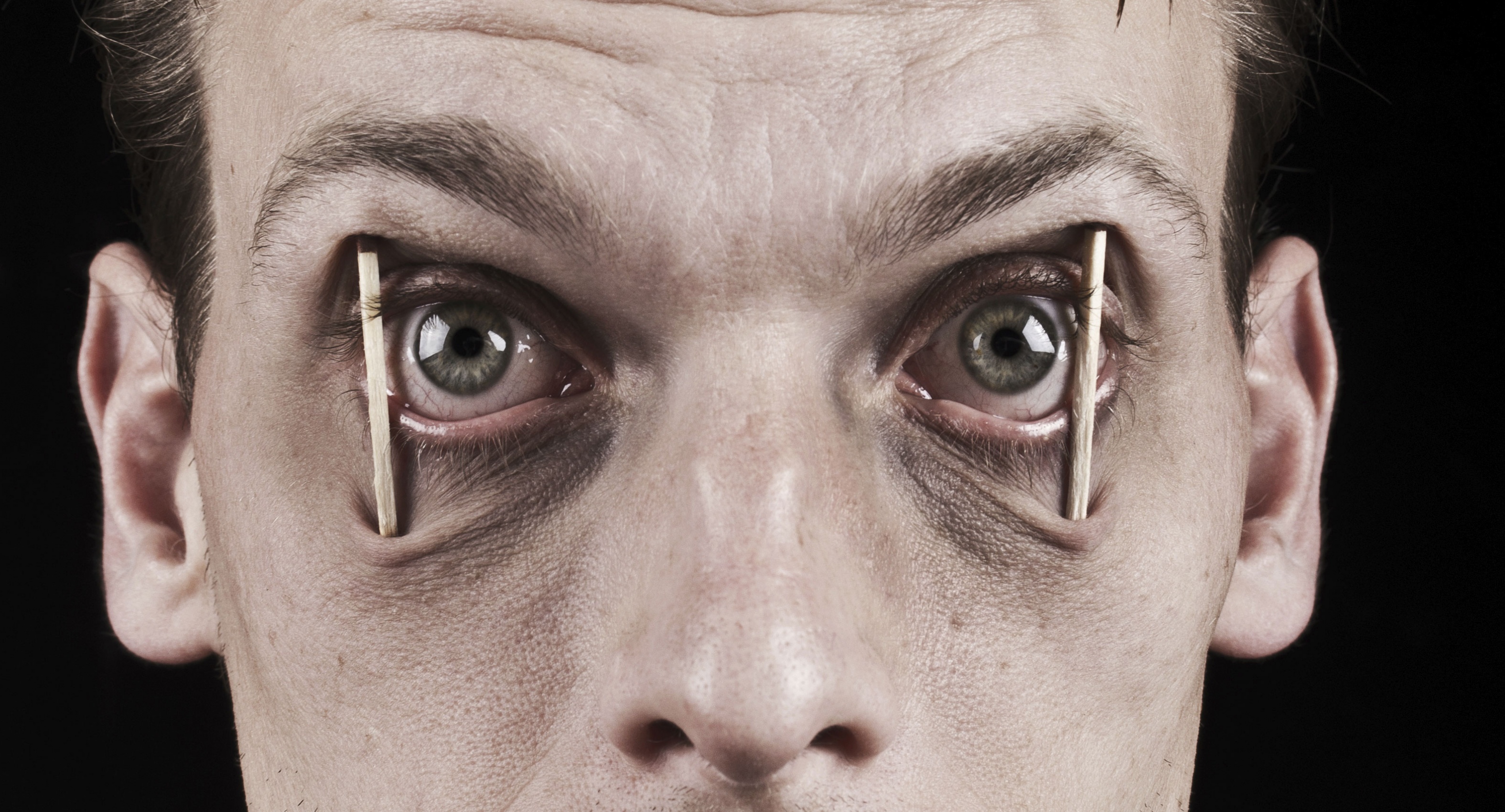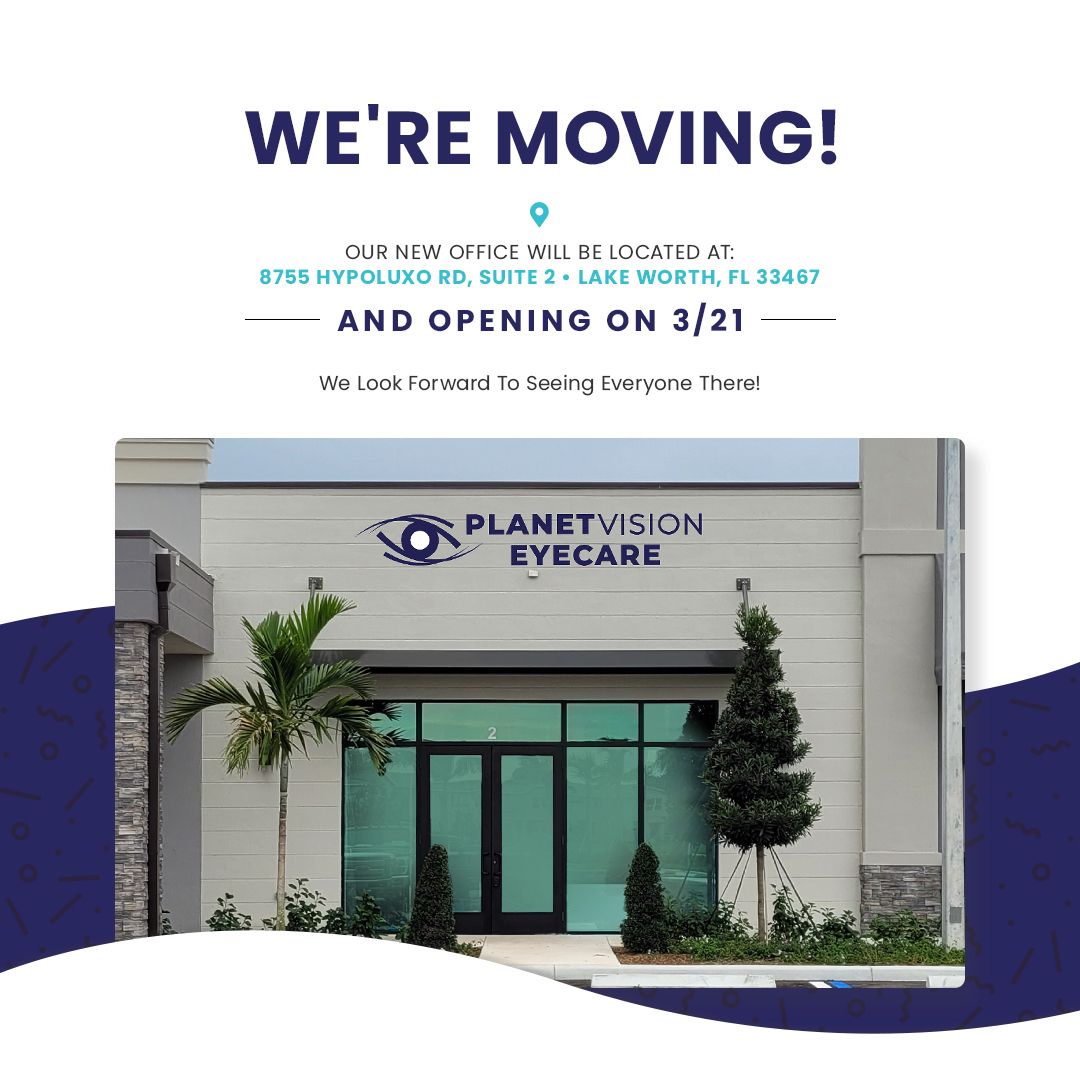As we step further into 2025, it's the perfect time to focus on your health and wellness. We often prioritize our diet and exercise routines, but one crucial aspect of our overall well-being that is sometimes overlooked is sleep—especially when it comes to our eye health. In this blog, we will dive into the importance of sleep for maintaining optimal eye health and how getting enough rest can improve your vision and overall ocular wellness.
Why Sleep Matters for Your Eyes
We all know the saying, “Get your beauty sleep,” but did you know that sleep plays an essential role in the health of your eyes as well? During sleep, your body goes into repair mode, and this includes your eyes. Adequate rest allows your eyes to recover from the strain of daily tasks like reading, working on a computer, and even exposure to bright lights. This recovery is vital for maintaining clear vision and comfort.

Sleep and Eye Function: A Deeper Connection
When you don’t get enough sleep, your eyes can feel dry, irritated, and strained. This is because sleep is crucial for maintaining proper moisture levels in the eyes. During deep sleep, the body produces a protective tear film that keeps your eyes lubricated. Without sufficient sleep, this film may not form properly, leading to discomfort, dryness, and even blurry vision.
Additionally, lack of sleep can result in poor blood circulation, which affects the delivery of nutrients to the eyes. Over time, this can contribute to conditions such as eye fatigue and increase the risk of developing long-term issues like glaucoma and macular degeneration.
Sleep and Eye Diseases: The Long-Term Impact
Chronic sleep deprivation not only affects how you feel day-to-day but can also have long-term impacts on your ocular health. Studies have shown that those who consistently sleep less than 6 hours a night may be at a higher risk for developing eye conditions such as:
Dry Eye Syndrome: A condition where your eyes don’t produce enough tears, leading to irritation, discomfort, and potential vision problems.
Glaucoma: A group of eye diseases that can lead to optic nerve damage and vision loss, potentially exacerbated by poor sleep patterns.
Age-Related Macular Degeneration (AMD): The degeneration of the central portion of the retina, often accelerated by oxidative stress caused by insufficient rest.

How Much Sleep Do You Need for Optimal Eye Health?
The general recommendation for adults is to aim for 7-9 hours of sleep per night. However, individual sleep needs can vary depending on age, lifestyle, and health conditions. Make sure you’re listening to your body and giving yourself enough rest to allow for proper recovery. If you find that you’re constantly tired or experiencing eye discomfort, it may be a sign that you need more quality sleep.
Tips for Better Sleep and Eye Health
If you're ready to prioritize your eye health this year, here are a few tips for improving both your sleep and ocular wellness:
Maintain a Regular Sleep Schedule: Go to bed and wake up at the same time every day to establish a consistent routine.
Limit Screen Time Before Bed: The blue light from phones and computers can disrupt sleep patterns. Aim to turn off devices at least 30 minutes before bedtime.
Stay Hydrated: Dehydration can worsen dry eyes, so drink plenty of water throughout the day to keep your eyes moist and comfortable.
Create a Relaxing Sleep Environment: Keep your bedroom dark, quiet, and cool to promote deep sleep.
Blink Often: Remember to blink frequently, especially during long hours of screen use, to maintain tear production and prevent dryness.
Eye Health Begins with Sleep
As you continue to grow throughout 2025, make a commitment to yourself to prioritize your eye health by focusing on getting the right amount of sleep. Not only will this enhance your vision and comfort, but it will also help you feel your best and maintain overall wellness throughout.
Planet Vision Eyecare is here to support you in maintaining healthy eyes and vision. If you’ve been experiencing any discomfort or concerns about your eye health, please don’t hesitate to schedule an appointment with us. Take your first step towards better sleep, better eyes, and better overall well-being!









